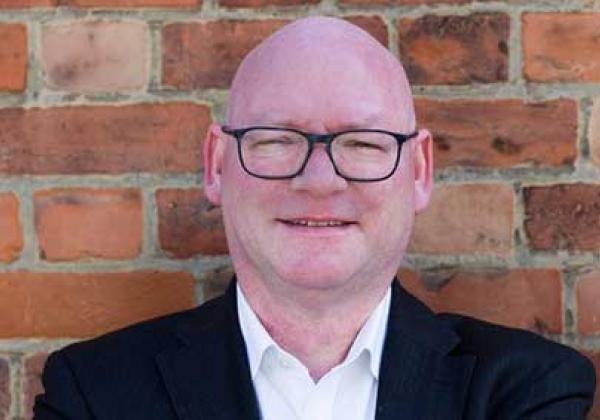Lecture: Hedgerow to Hymnal
RVW150: Celebrating the 150th Birthday of Ralph Vaughan Williams
To be given by Jeremy Summerly. Please reserve a seat at the link below and pay on the door.
Ralph Vaughan Williams revolutionised hymnody in early-20th century England. Initially against his better judgment, but later with all the fervour of a convert, the agnostic Vaughan Williams set about introducing folk song into the 1906 English Hymnal. This revolutionary hymnal was the brainchild of Rev. Percy Dearmer, who wanted to rid the Anglican church of turgid 19th-century hymn tunes and felt that Vaughan Williams (then in his very early 30s) was the musician to help him. Dearmer cleverly reeled Vaughan Williams into the two-year project by assuring the composer that the project would only take two months, and by deviously mentioning that if Vaughan Williams turned the offer down, then Henry Walford Davies would be approached; Walford Davies and Vaughan Williams were rivals. After the lengthy project had been concluded, Vaughan Williams admitted that his work on the English Hymnal had been ‘a better musical education than any amount of sonatas and fugues’. Crucially, it was tunes that Vaughan Williams discovered in the preparation of the English Hymnal that inspired the Fantasia on a Theme by Thomas Tallis (1910), Dives & Lazarus (1939), and passages of the opera The Pilgrim’s Progress (1951).
Jeremy Summerly is Visiting Professor of Music History at London’s Gresham College. For the last 30 years he has broadcast on a broad range of musical subjects for BBC Radios 3 & 4 and he is the Director of Music at St Luke’s, Chelsea and the Musical Director of the Mayfield Festival of Music & the Arts in East Sussex. For many years he was Head of Academic Studies at the Royal Academy of Music and in 2017 he was made a Fellow of the Royal School of Church Music.
